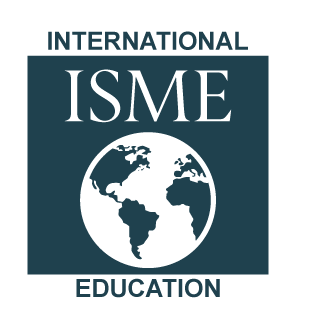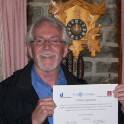
Global Face of Sustainable Development
Do you have a short video, poster or other type presentation showing sustainable development projects within your country, region, or local area? This new section of the ISME promotes global efforts toward a sustainable development. To submit a short video or other type preseantion, see Contact Us at the bottom of the page.






